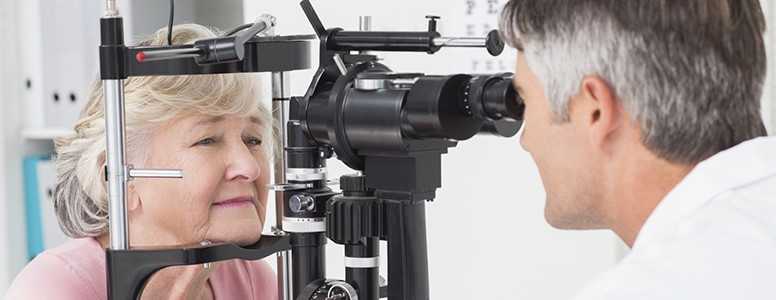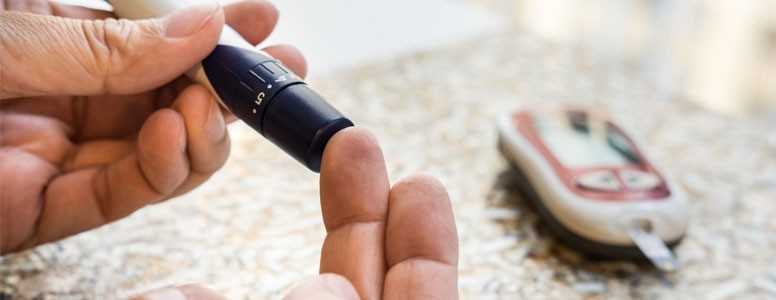Examining the cornea through a special microscope means doctors can tell if a person with type 2 diabetes has nerve damage within just 10 minutes, a study claims.
Swedish researchers say this breakthrough could help determine early stages of nerve damage, or diabetic neuropathy, so early treatment can be prescribed, preventing further damage.
The trial involved 82 people from Skelleftea in north Sweden with or without type 2 diabetes. Scientists from Umea University examined their eyes using a special microscope which revealed corneal nerve density was lower in those with type 2 diabetes compared to those without. Longer duration of type 2 diabetes was shown to reduce nerve density even further.
The newly-developed method, a combined effort by researchers Swede, Germany, Italy and Norway, involves creating images of the nerves in the cornea in three dimensions. The researchers report this is the first time this method has been used to assess the degree of nerve damage in people with diabetes.
A programme which provides an automated analysis has also been created that can be rolled out to general healthcare professionals to follow.
“There are good conditions for this new diagnostic method to be widely introduced in health care,” said lead author Professor Olov Rolandsson. “Although there is currently no cure, it’s always an advantage to detect changes in the nerves early. Therefore, it’s valuable to find a fast and safe diagnostic method.”
There is no immediate cure for impaired nerve function in people with type 2 diabetes, but maintaining very good blood glucose control provides the best chance for the body to heal low-level damage and prevent further nerve damage from occurring.
Very good blood glucose is very much achievable for people with diabetes. The Low Carb Program has allowed thousands of people to achieve strong control of their blood sugar levels whilst minimising dependence on medications.
The findings of the study have been published in the journal Investigative Opthalmology &Visual Science.
What's new on the forum? ⭐️
Get our free newsletters
Stay up to date with the latest news, research and breakthroughs.





